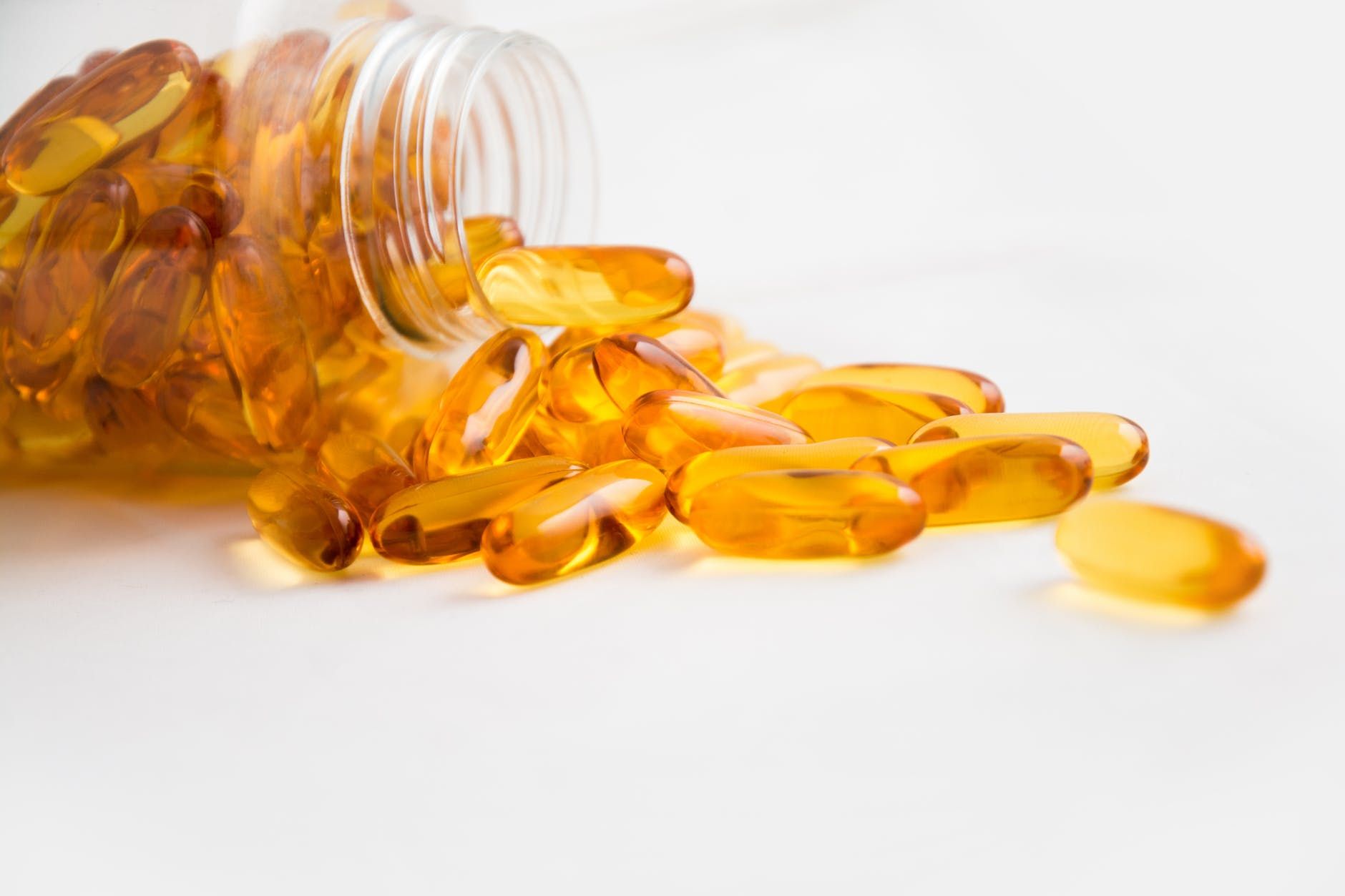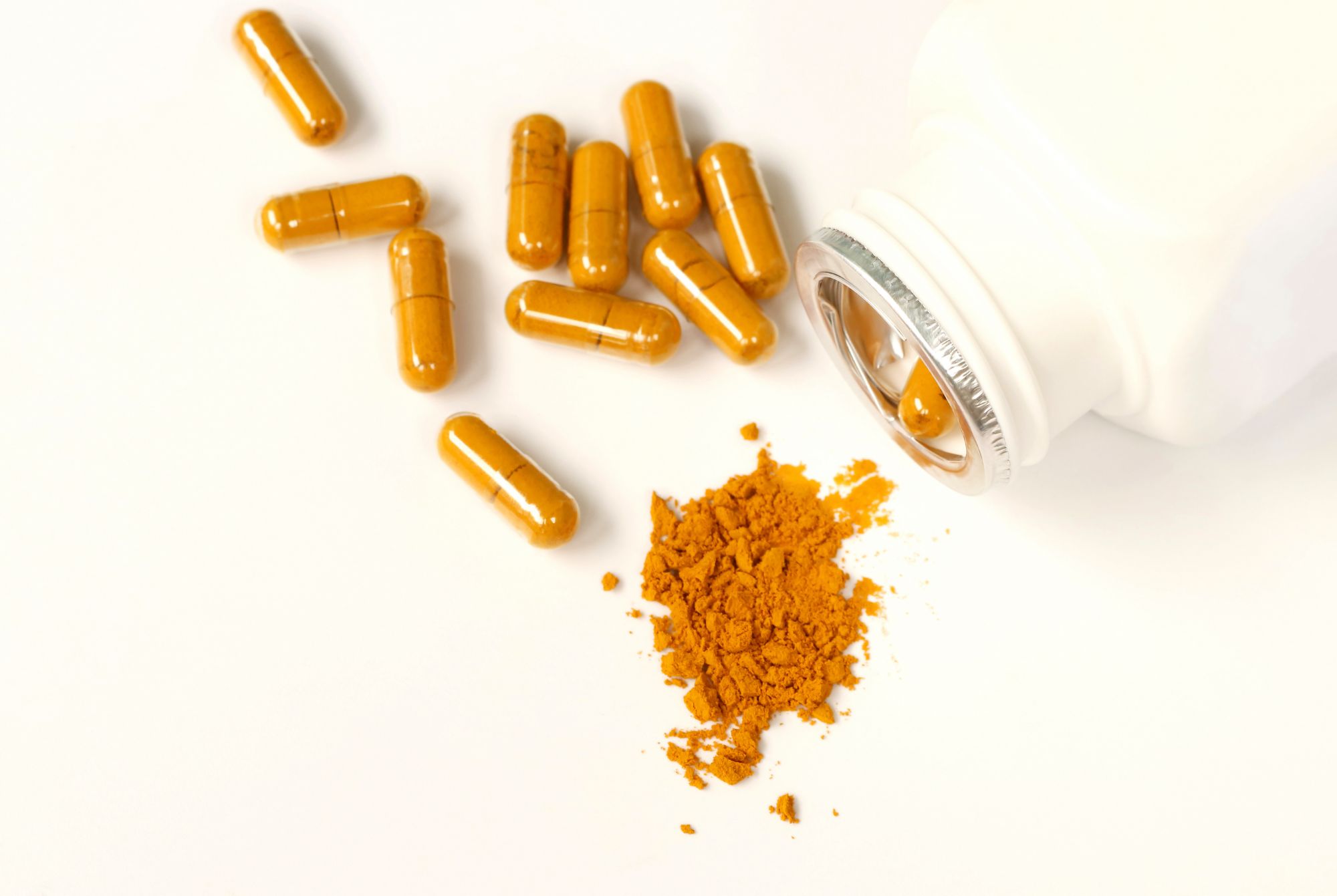The lowdown on the different nutritional supplements you’ll want to take at different stages of your life in order to maximize your workout results
Supplements, as you can imagine, aren’t one size fits all. Oh, sure, there are some that are fairly universal—a multivitamin probably won’t do anyone wrong, while probiotics are considered a fairly good bet to help digestion.
But if your goals are quite specific—and in this case relate to boosting your workout results, rather than simply staying healthy—then we have talked to the experts at ATP Personal Training to find out what you’re going to want to take to get ripped, right.
20s: Increase muscle mass

Increasing muscle mass requires a large amount of amino acids, so protein shakes are the best supplement to take. Whey protein tends to be the best absorbed and well-tolerated due to its low lactose content. It also has the highest amount of the amino acid leucine, the main driver of muscle growth.
The second choice is BCAAs (Branched-chain amino acids). BCAAs are three amino acids, also found in protein, that have a positive impact and muscle growth. These amino acids are leucine, isoleucine and valine. Drinking 10-15g during your workouts is sufficient to get the best results.
See also: Monday Motivation: Healthy Protein Shake Recipes Feat. Jon Lee



